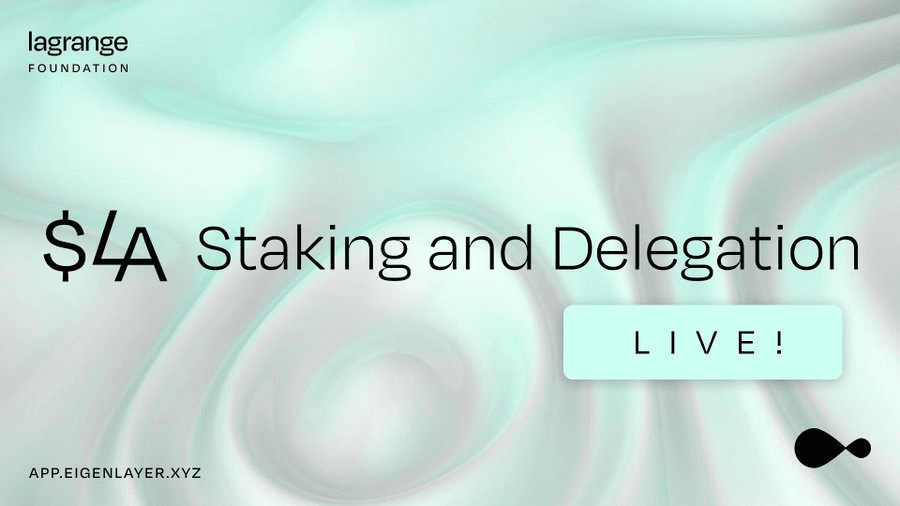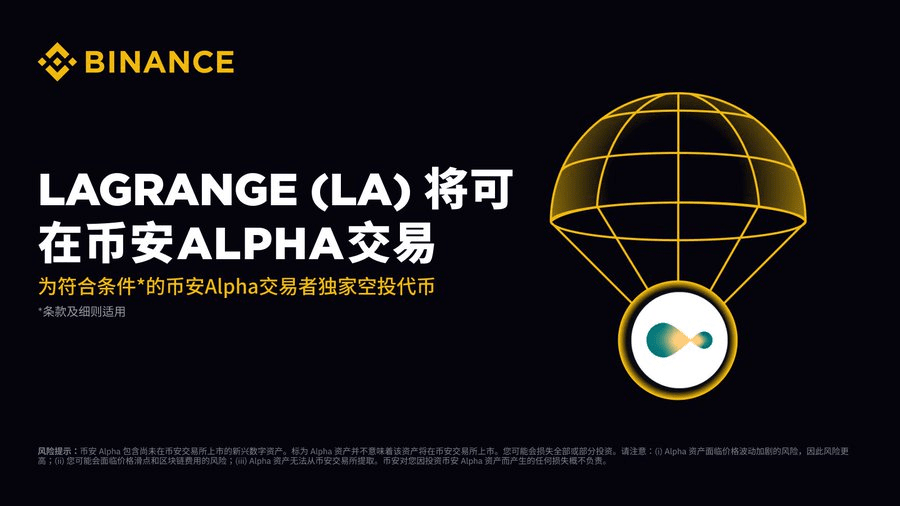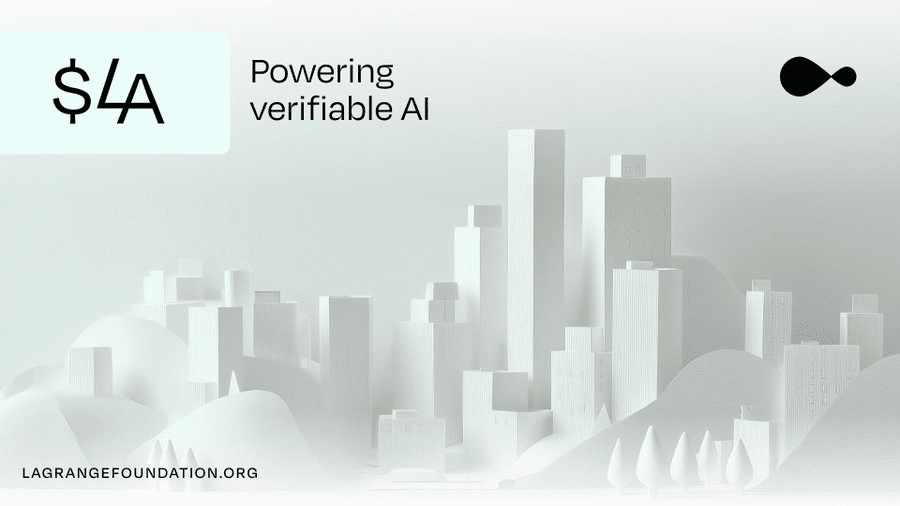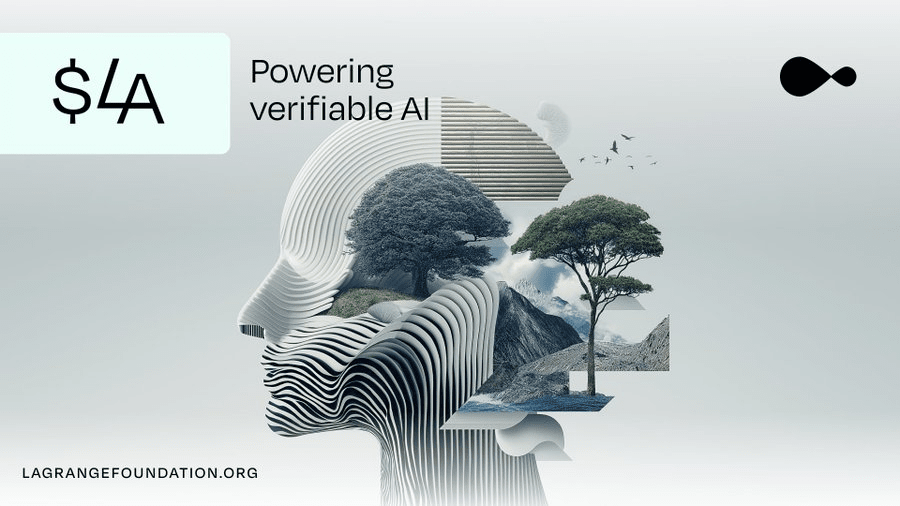In the world of blockchain, performance and privacy have always been two major challenges in technological development. With the rise of Web3, decentralized applications (DApps) have an increasing demand for computing power and security, especially in the application scenarios of zero-knowledge proofs (ZK), where data privacy must be ensured while improving computing efficiency. Lagrange is providing answers to these issues by offering efficient and verifiable computing solutions for the blockchain ecosystem through a decentralized zero-knowledge proof network and zero-knowledge coprocessors, while also opening a new chapter in cross-chain interoperability and decentralized computing.

Lagrange, as a project focused on zero-knowledge proofs (ZK), derives its core value from achieving decentralized verification of computations through zero-knowledge proof technology, ensuring data authenticity without revealing any private information. This technology not only improves data privacy but also minimizes computing costs, while enhancing the security and efficiency of the blockchain network.
Traditional blockchains often rely on centralized computing models, while Lagrange adopts a decentralized node network, significantly enhancing the computing power and privacy protection of blockchain applications. Through its innovative zero-knowledge coprocessors, Lagrange achieves more efficient off-chain computing, and these computing results can be verified on-chain through zero-knowledge proofs, greatly improving performance and addressing the computing bottlenecks faced by large-scale decentralized applications.

Lagrange not only supports zero-knowledge proofs but also strives to enhance cross-chain interoperability, allowing different blockchain networks to connect seamlessly and break down data silos. By supporting inter-chain interactions, Lagrange provides strong infrastructure support for DeFi, NFTs, and other decentralized applications, facilitating the rapid development of a multi-chain ecosystem. Moreover, Lagrange's decentralized design allows it to be more flexible and reliable when handling decentralized computing.
In the field of AI, particularly in decentralized AI inference, ensuring transparency and credibility in the inference process is a significant challenge. Lagrange combines zero-knowledge proof technology to allow the results of AI inference to be verified on-chain while maintaining privacy. This breakthrough not only enhances the credibility of the integration of AI and blockchain but also promotes the development of a decentralized AI ecosystem.

To achieve decentralized governance and ecological development, Lagrange has introduced its native token LA. This token is not only used for platform governance but can also be staked to claim proof generation tasks, participating in the computing tasks of the zero-knowledge proof network. This incentive mechanism not only ensures the decentralized operation of the platform but also makes the LA token central for participants to obtain network rewards, transaction fees, and more functionalities.
The strength of Lagrange lies not only in its collaboration with platforms like EigenLayer but also in its use of a decentralized node network to further enhance computing efficiency and network security. Through collaboration, Lagrange makes the combination of off-chain computing and zero-knowledge proof technology more efficient and secure, providing stronger computational support for blockchain applications and promoting the healthy development of the entire Web3 ecosystem.



